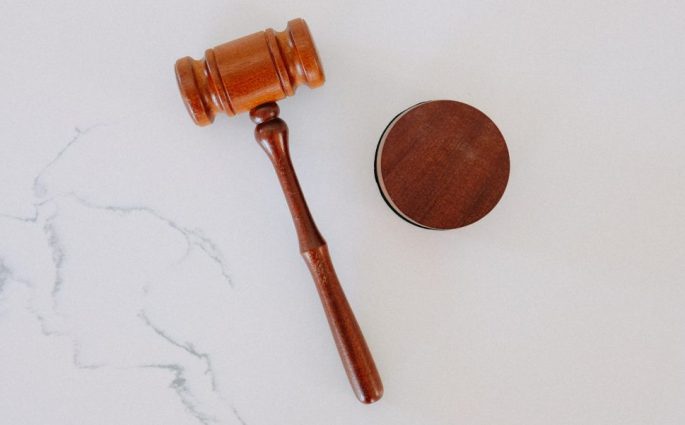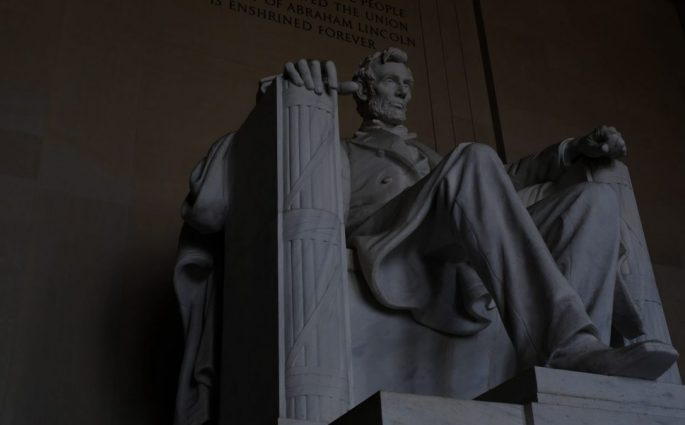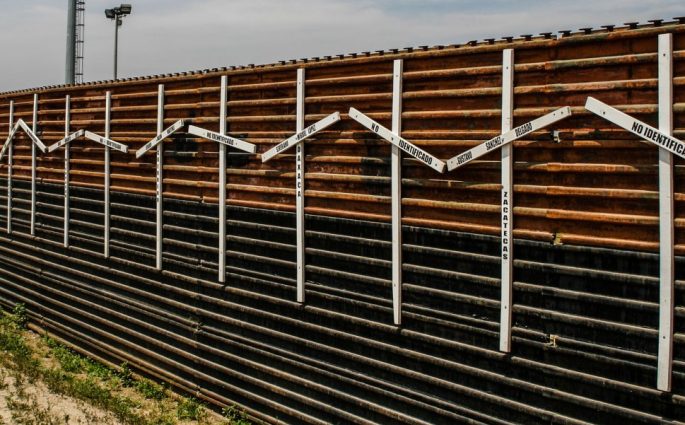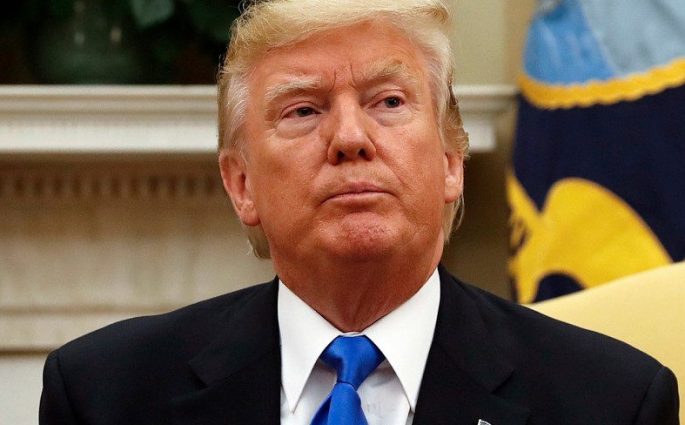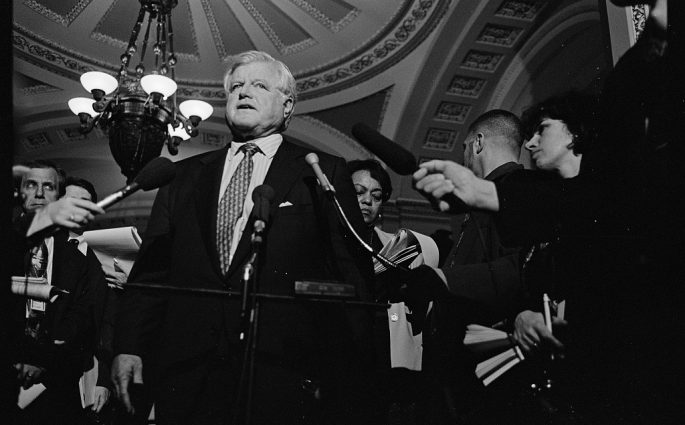Origins of Order
Paul W. Kahn— Project and system views of law are in deep tension, but this is not a tension that needs to be resolved at an abstract level. We live with multiple ways of imagining law and explaining ourselves. These different pictures contend at the retail level. They are put

